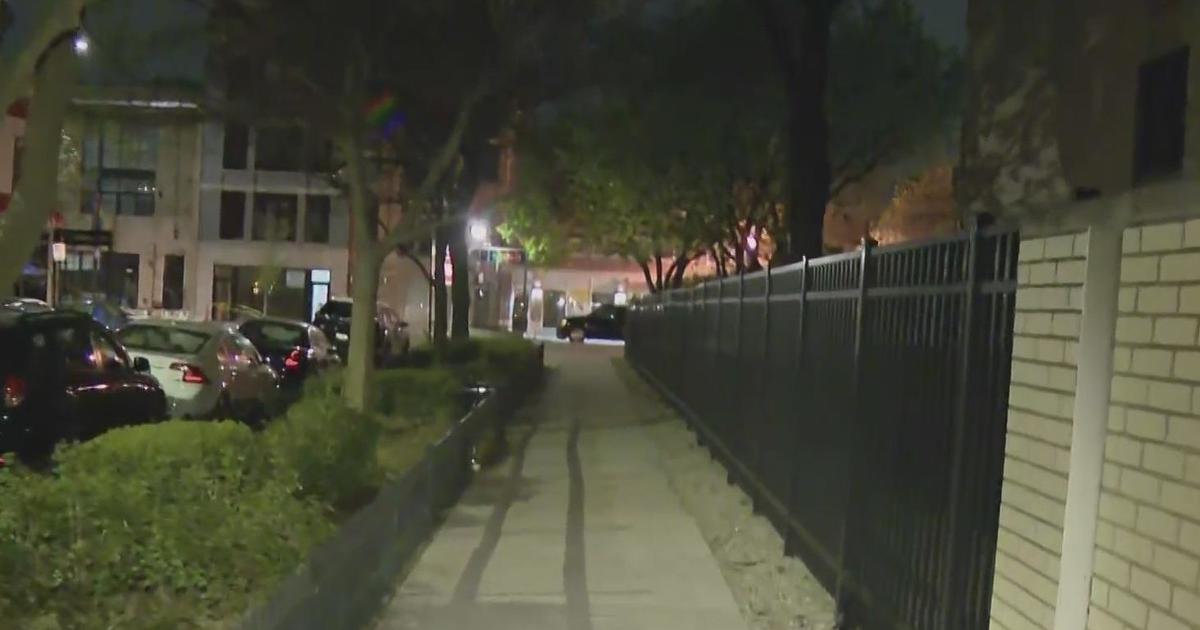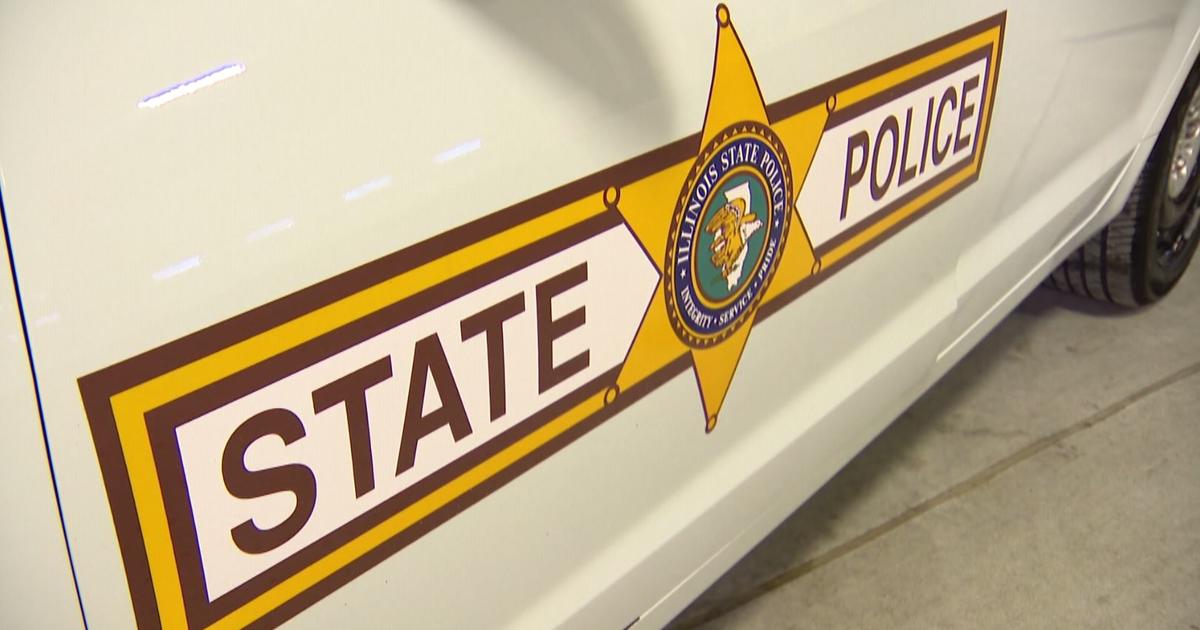Train Derailment, Explosion Evacuates Central Illinois Town
UPDATED 10/07/11 12:01 p.m.
TISKILWA, Ill. (CBS) -- Many residents of a central Illinois town was evacuated early Friday, after a train containing denatured alcohol derailed and several cars exploded.
Initial reports said the entire town of Tiskilwa, about 103 miles west-southwest of Chicago, was evacuated after the train derailed and an explosion ensued around 2 a.m. Located in Bureau County, Tiskilwa has a population of about 800 people.
But a public information officer later said only about a third of the town's residents had been evacuated.
"We just evacuated the homes south of State Street, so I don't know, probably a third," said Les Grant, spokesman for the Bureau and Putnam County Health Department.
The train was hauling denatured alcohol belonging to Decatur-based ADM Corn Processing, and possibly other chemicals. Princeton Fire Chief John Petrakis said while it may have sounded like there were several explosions, there was actually only one.
"A lot of noises were release valves on the rail cars doing exactly what they're supposed to be doing, and that was allowing vapors from pressure building inside the tank car to be blowing off whatever residual pressure is being caused by the flame impingement on the side of the tanks," he said.
Twenty-five of the 160 cars on the train derailed, and the derailment spanned about half a mile, he said.
LISTEN: WBBM Newsradio's Dave Berner reports
Podcast
When CBS 2's Kris Habermehl arrived in Chopper 2 around 6:30 a.m., dozens of train cars were lying in a pile on tracks, and about half of them appeared to be ablaze. Multiple tank cars had been broken open, and fire was coming out of the top-valves in the cars that did not rupture.
"This rail line will be out of commission for a long, long time," Habermehl said.
A witness said the explosion following the derailment was so spectacular that people on Interstate 80 could see flames and smoke nine miles away. But it was far more terrifying for those who lived nearby.
CBS 2's Susanna Song reports many evacuated residents came to a truck stop along the highway to have breakfast and rest up. They said it was frightening to wake up from the loud explosion.
"I just heard the terrible explosion – it was a little after 2 a.m., and of course, I jumped out of bed; it almost knocked me out of bed," said Beverly Means, who lives next to the tracks in Tiskilwa, "and then I ran out on the porch and I could tell that it was the train."
Keith Nye was also at the truck stop, waiting to return home after a terrifying night.
"It sounded just like a big blow torch, so I went out by the street, went a little bit to the north and then looked down the alleys," Nye said. Then I could really see it. It was burning really big."
Concerns about the danger were immediate, said John Funderberg, who lives a block away.
"It was more about being unsure of what the situation was, and what was on train originally," he said.
Wayne and Dixie Baldwin, who came to Princeton High School in the larger town to the north for shelter and aid, said the chaos outside was frightening.
"I woke up and heard the whistle like a jet," Wayne Baldwin said.
"It was really bright, and you could hear the roar of the fire. It sounded like a jet plane," added Dixie Baldwin.
Officials said the evacuation was precautionary. There were no injuries, and no homes were damaged.
Emergency crews from Utica, Oglesby, Peru and LaSalle County were dispatched to the scene, but could not immediately try to put out the fire because water could not be used to battle the alcohol-fueled fumes, officials told the Sun-Times Media Wire.
A hazardous chemical also leaked from the wreck, and a HazMat team from the nearby city of Mendota responded, the Sun-Times Media Wire reported.
The denatured alcohol the train was hauling is ethanol – with additives such as methanol to make it poisonous or unpalatable. It is used in fuels, and as a solvent or cleaning agent.
Habermehl explains that ethanol technically has less thermal output than gasoline, but a higher flashpoint. It is usually shipped at about 96 proof, with the remaining content being composed of the denaturing agent.
The National Transportation Safety Board has sent a team of six investigators who will look into the derailment, the Sun-Times Media Wire reported.



